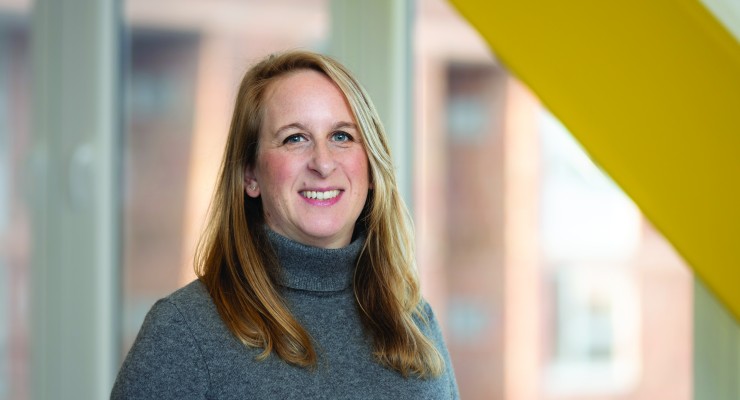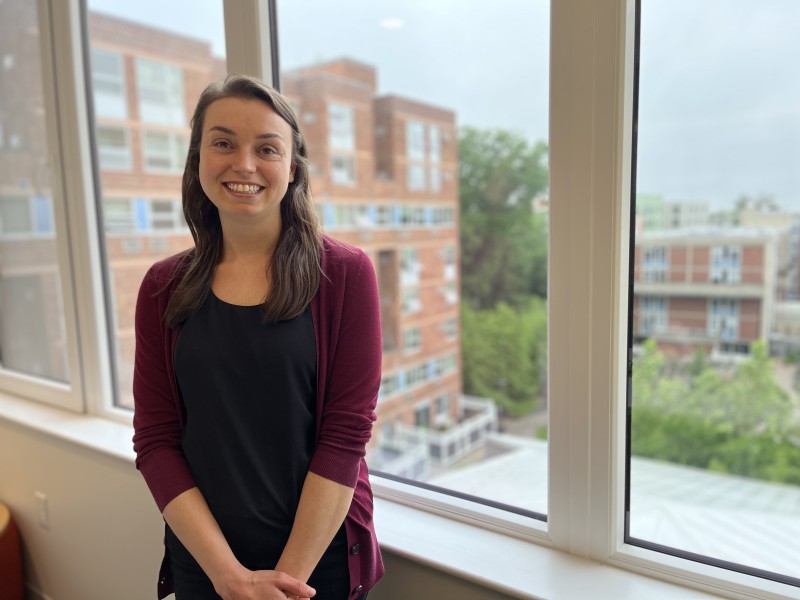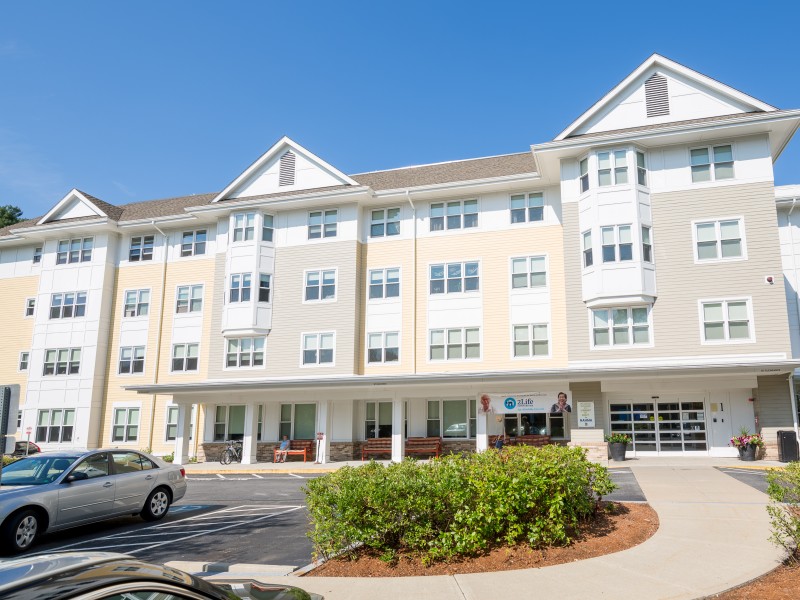Overcoming funding challenges to develop affordable senior communities

Finding affordable housing can be an uphill battle for millions of seniors who live on fixed incomes. It is a heart-wrenching truth that only three out of five eligible older adults receive federal housing assistance in the U.S. In Massachusetts, the high cost of housing is the single biggest cause of economic insecurity among older adults.
The enormity of the current affordable senior housing crisis demands a rapid response as well as a strategic, sustainable, and cost-efficient approach. However, many obstacles slow the process of designing, building, and operating supportive senior housing developments, with adequate funding being chief among them.
Over the past two decades, significant changes in federal, state, local, and private funding options available for affordable housing have complicated the process by decreasing the amount and availability of both capital and operating funds for new affordable senior housing developments. Public and private funders are often inundated with five to 10 times the number of applications they can fund or award. Complex and lengthy permitting and entitlement processes along with rising construction and soft costs further slow progress for those of us looking to create more housing options. In Massachusetts, 351 cities and towns have 351 different permitting and local funding processes, which can significantly hinder affordable housing development.
In addition, typical affordable housing funding programs direct dollars to apartments and not to spaces for fitness and wellness activities, arts and culture programs, communal dining, and community events. Such spaces are lifelines for seniors — essential for their physical and emotional wellbeing — and funding them, in addition to apartments, must be prioritized. Data show that seniors with access to these resources are able to remain in their homes longer and often avoid the need to transition to costlier facilities that provide higher levels of care.
Increased funding is also needed for project-based rental assistance. Senior household incomes typically decline over time while their expenses rise to cover medical needs and extended support and services. Affordable apartments without project-based assistance have a set monthly rent based on the Area Median Income. Residents are required to pay that rent regardless of a change in their income. Project-based housing vouchers, which allow residents to contribute 30% of their income toward rent, go a long way toward filling the gap between what it costs to operate a building and what seniors can reasonably afford. This also prevents seniors from having to choose between housing and other essential expenses such as health care and nutritious food.
2Life Communities has successfully adapted to the twists and turns of funding affordable senior housing, but we’re advocating for even more change — at the federal, state, and local levels — to drive out inefficiencies and allow innovation to flourish. We will continue to work with government leaders to affect policy changes and make capital and operating funds more accessible. That means dispelling age-old misconceptions about affordable senior housing — what it is, how it works, who it is designed for, and what it costs.


